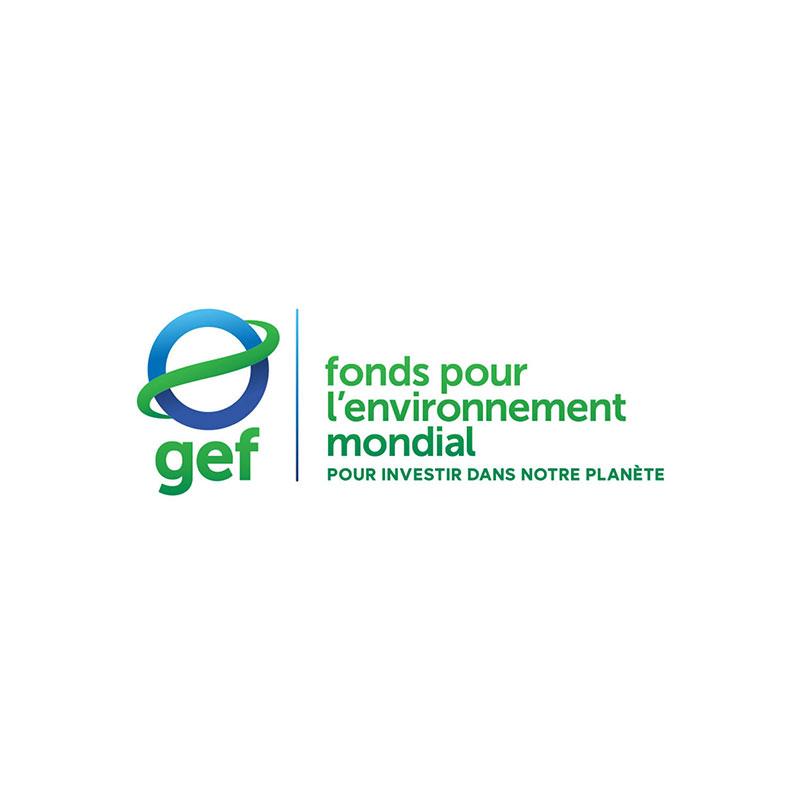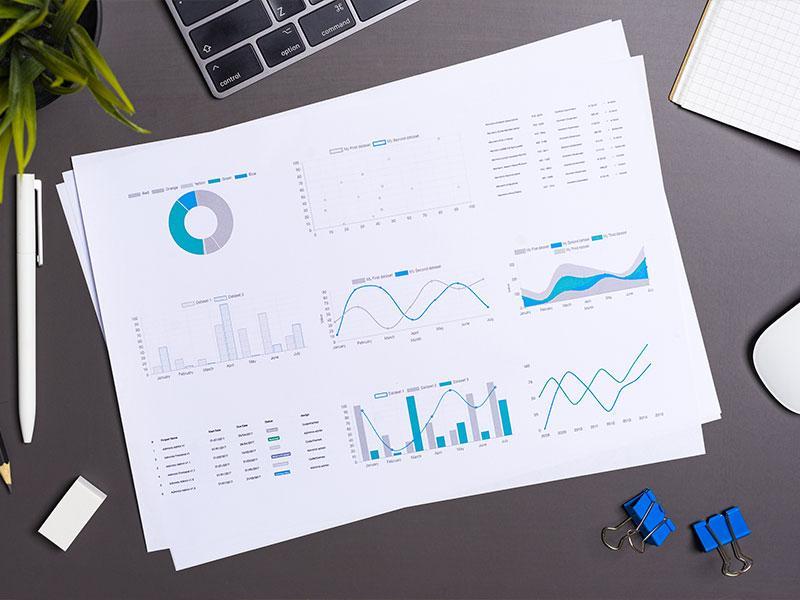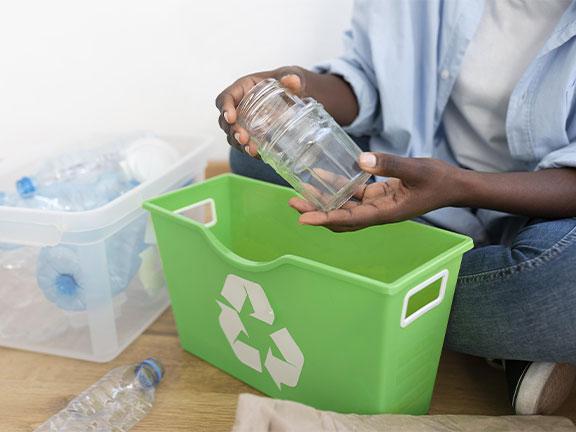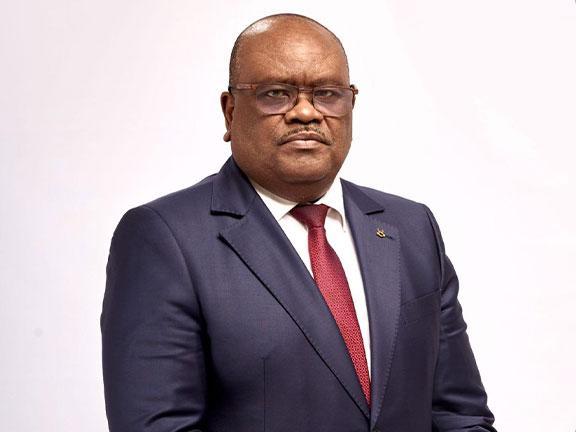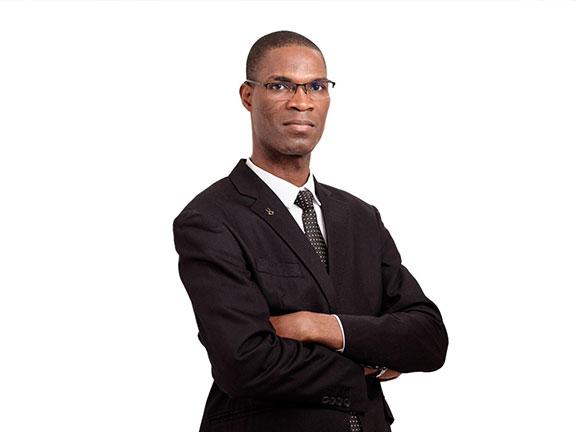Its aim is to provide additional funding in the form of grants and loans to cover the extra costs involved in transforming a project with national benefits into one with global environmental benefits.
Its grants, mixed financing and strategic support help developing countries meet their most pressing environmental priorities and comply with international environmental conventions.
Created in October 1991, the GEF now brings together 185 member states in partnership with international institutions, non-governmental organizations and the private sector. Today, it is the world’s largest provider of funding for projects aimed at protecting the environment, such as those related to biodiversity, combating the effects of climate change, soil degradation and waste and chemicals.
Since the West African Development Bank joined the GEF in 2015 as an accredited agency, it has enjoyed direct access to the organization’s resources. Over the years, the Bank has developed its portfolio of projects in the fields of climate change, land and international water conservation, and issues relating to waste and sustainable cities in the countries of the West African Economic and Monetary Union (UEMOA).
Demand for projects aimed at protecting the environment and promoting sustainable development has increased over the last decade, in parallel with the expansion of certain economic activities in the agricultural, energy and transport sectors, both in rural and urban areas.
For UEMOA countries with limited resources to finance such projects, BOAD and GEF represent a considerable source of financing and technical expertise.
As a major player in the financing of public and private projects in West Africa, the Bank has a significant comparative advantage for the GEF, particularly through the integration of sustainability and resilience into its investments.
